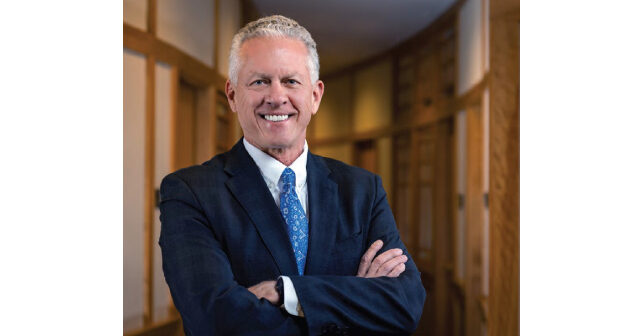
Can you tell us about your role as ABEM president?
Explore This Issue
ACEP Now: Vol 42 – No 01 – January 2023Dr. Keim: I am really excited about this opportunity to work with an amazing board and staff. The work is meaningful to current patient care quality and the future of our specialty. The American Board of Emergency Medicine (ABEM) has proven organizational excellence and has achieved independent recognition for this that, in my opinion, places it at the top of the specialty boards.
What is your “day job” as an emergency physician?
Dr. Keim: I have worked in the same emergency department for 32 years in Tucson, Arizona. It’s a busy Level I trauma center and major referral hub for the region. We see all the common things plus some “spicy” stuff like rattlesnake bites, scorpion stings, and heat stroke. I love my clinical time and learn a ton from our super-sharp residents every shift.
How have emergency physicians been doing with the MyEMCert replacement for the ConCert exam?
Dr. Keim: Feedback from physicians has been very positive. I think this is largely a result of emergency physician contributions to redesigning the MyEMCert process. Current feedback indicates that MyEMCert is convenient and relevant to emergency physicians’ clinical practices. Because modules are open-book and physicians have three attempts to pass, the experience is far less stressful than the ConCert Exam. The early results are in and it’s clear that physicians prefer MyEMCert to the ConCert Exam. The most encouraging comments are about learning new clinically relevant content in the Key Advances sections. This truly has the potential to broadly and efficiently improve patient care practice in our specialty.
ABEM is initiating a new certification for EMS Board Certification called MyESCert. What should emergency physicians know about this?
Dr. Keim: Beginning in 2023, emergency physicians with subspecialty certificates in EMS will be transitioning to MyEMSCert when their current certifications expire. This process is similar to MyEMCert modules that include about 50 questions, with 60 percent on clinical core knowledge, 20 percent on advances in the literature (based on articles, much like the Lifelong Learning and Self-Assessment or LLSAs), and 20 percent on systems and regulations. When fully phased in 2027, physicians will be required to pass four MyEMSCert modules and attest to one Improvement in Medical Practice activity. For emergency physicians with EMS certifications that expire in 2023 or 2025, four MyEMSCert modules will be available, so they have options for how to meet their requirements based on what activities they’ve already completed. Like MyEMCert, EMS physicians will have three opportunities to pass a module. However, if a physician does not pass a module, they will have to wait three months to retake it. So, it’s important to take a MyEMSCert module as soon as they are available to optimize that number of times you can take a module. We strongly encourage physicians to start their recertification process as soon as the modules are available this February 2023.
Pages: 1 2 3 | Single Page



No Responses to “Interview with ABEM President Samuel M. Keim, MD, MS”